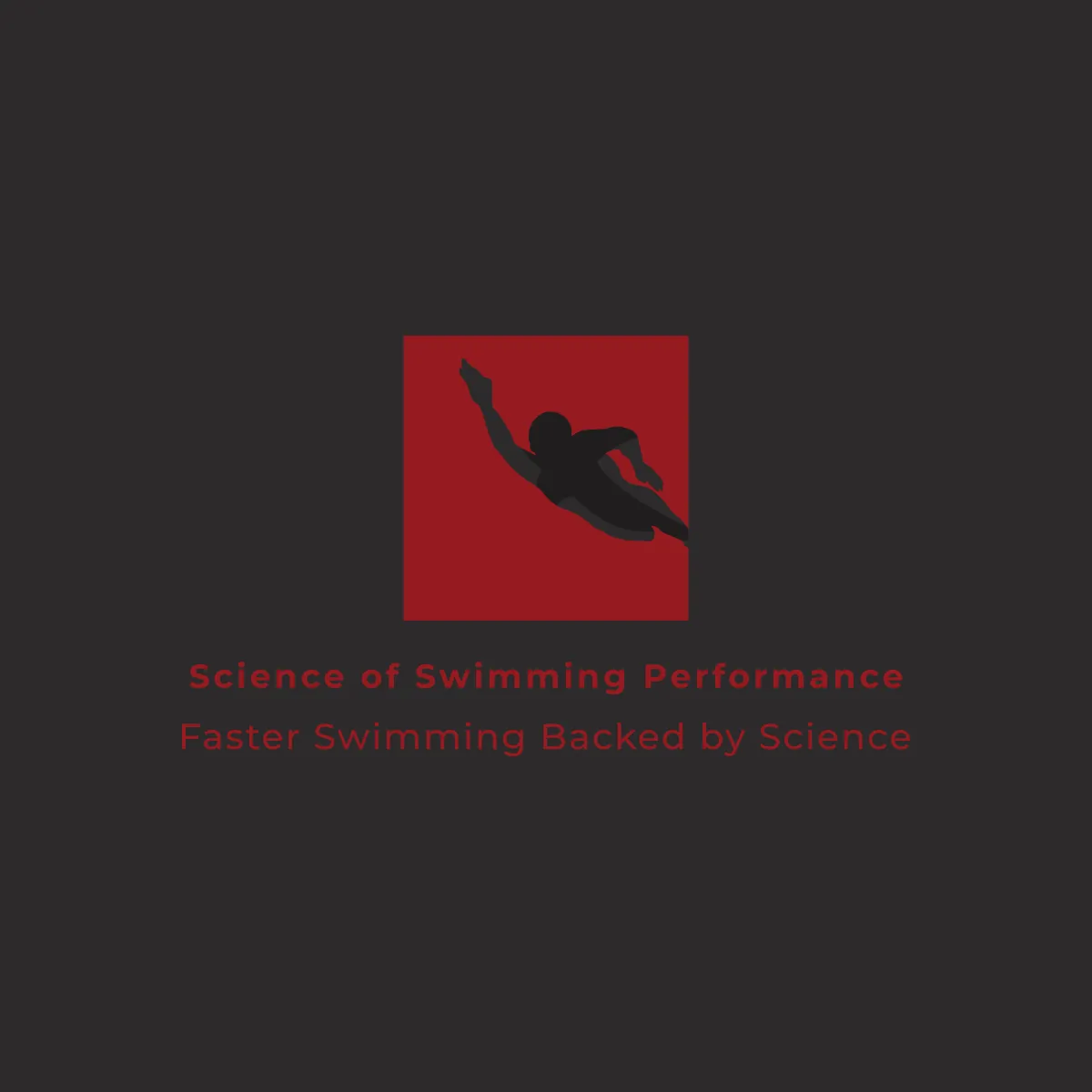
The Importance of Carbohydrates for Competitive Swimming Practices and Competitions
The Importance of Carbohydrates for Competitive Pool Swimming Practices and Competitions
In the world of competitive swimming, every fraction of a second counts. Swimmers are constantly seeking ways to enhance their performance, whether through rigorous training, advanced techniques, or optimal nutrition. One critical yet often overlooked aspect of nutrition is carbohydrate intake. Carbohydrates play a vital role in providing the energy necessary for swimmers to perform at their best during both training sessions and competitions. This article will delve into the importance of carbohydrates specifically for competitive pool swimmers.
Understanding Carbohydrates
What Are Carbohydrates?
Carbohydrates are one of the three main macronutrients, alongside proteins and fats. They are found in foods such as fruits, vegetables, grains, and dairy products and are essential for providing the body with energy. Carbohydrates are broken down into glucose, which fuels the body's cells, particularly muscles during exercise.
Role in Swimming Performance
For swimmers, carbohydrates are crucial because they are the body's most efficient source of energy. During intense training sessions and competitions, swimmers rely on glycogen stores in their muscles and liver to sustain their performance. Adequate carbohydrate intake helps maintain these glycogen stores, enabling swimmers to train harder and recover faster (Cambridge University Press, n.d.; Gatorade Sports Science Institute, n.d.).
Carbohydrates and Swimming Performance
Energy Provision During Training
Swimming practices often involve high-intensity intervals and prolonged sessions, both of which deplete glycogen stores. Consuming carbohydrates before and during training can help maintain energy levels, allowing swimmers to complete their workouts effectively. Research indicates that consuming 1 to 4 grams of carbohydrates per kilogram of body mass 1 to 4 hours before exercise can significantly improve performance in sessions lasting more than 60 minutes (Gatorade Sports Science Institute, n.d.).
Maintaining Blood Glucose Levels
Stable blood glucose levels are essential for peak performance during long swim practices and competitions. Carbohydrate intake before and during exercise helps prevent drops in blood sugar, which can lead to fatigue and decreased performance. For optimal performance, swimmers are advised to consume 30 to 90 grams of carbohydrates per hour during prolonged exercise, with glucose-fructose mixtures being particularly effective for sustained energy (Cambridge University Press, n.d.).
Carbohydrates and Immune Function
Supporting the Immune System
Intense swimming training can increase stress hormone levels, potentially impairing the immune system. Adequate carbohydrate intake helps mitigate this effect by providing the necessary energy to support immune function. This reduces the risk of illness and ensures swimmers can maintain consistent training schedules without disruptions (Cambridge University Press, n.d.).
Individualized Carbohydrate Strategies
Tailoring Carbohydrate Intake
Personalized carbohydrate strategies are increasingly important in competitive swimming. Technologies such as continuous glucose monitoring (CGM) can help swimmers tailor their carbohydrate intake to maintain stable blood glucose levels during training and competitions. Although CGM devices are more accurate in resting conditions, they show promise for helping athletes optimize their carbohydrate intake based on individual needs (Gatorade Sports Science Institute, n.d.).
Optimal Types and Timing of Carbohydrate Intake
Pre-Exercise Carbohydrates
For swimmers, consuming carbohydrates before practice or competition is crucial for maximizing glycogen stores and maintaining energy levels. The recommended intake is 1 to 4 grams of carbohydrates per kilogram of body mass 1 to 4 hours before exercise. A combination of glucose and fructose can enhance carbohydrate absorption and utilization, providing sustained energy throughout the session (Gatorade Sports Science Institute, n.d.).
During Exercise
During swim practices and competitions lasting more than 60 minutes, it is important to consume carbohydrates to sustain energy levels. Swimmers should aim for 30 to 90 grams of carbohydrates per hour, with glucose-fructose mixtures being particularly effective. This approach helps maintain blood glucose levels and delays fatigue, enhancing overall performance (Cambridge University Press, n.d.).
Post-Exercise Recovery
Post-exercise carbohydrate intake is essential for replenishing glycogen stores and aiding recovery. Consuming high glycemic index carbohydrates immediately after exercise can effectively restore glycogen levels. The recommended intake is 1.0 to 1.2 grams of carbohydrates per kilogram of body mass per hour for the first four hours post-exercise, followed by a balanced diet to meet daily fuel needs (Gatorade Sports Science Institute, n.d.).
Practical Applications and Recommendations
Daily Carbohydrate Needs
Competitive swimmers should determine their daily carbohydrate intake based on the demands of their training. A periodized approach to carbohydrate intake—adjusting amounts based on training intensity and duration—can help ensure that swimmers have sufficient fuel to perform at their best while minimizing the risk of relative energy deficiency in sport (RED-S) (Cambridge University Press, n.d.; Gatorade Sports Science Institute, n.d.).
Real-Life Examples and Case Studies
Implementing carbohydrate strategies can significantly impact swimming performance. Elite swimmers often follow structured carbohydrate-loading protocols before major competitions to maximize glycogen stores. Recreational swimmers can also benefit from adjusting their carbohydrate intake around training sessions to enhance performance and recovery.
Conclusion
Carbohydrates play an essential role in competitive swimming, providing the energy needed for training, supporting immune function, and aiding recovery. By following structured and individualized carbohydrate intake strategies, swimmers can optimize their performance and achieve their training and competition goals. For personalized guidance, consulting with a sports nutritionist is highly recommended.
References
1. Nutrition Journal. (n.d.). Carbohydrates and exercise performance in non-fasted athletes: A systematic review of studies mimicking real-life. Retrieved from [nutritionj.biomedcentral.com](https://nutritionj.biomedcentral.com)
2. Gatorade Sports Science Institute. (n.d.). Dietary Carbohydrate and the Endurance Athlete: Contemporary Perspectives. Retrieved from [gssiweb.org](https://www.gssiweb.org)
3. Cambridge University Press. (n.d.). Nutrition for sports performance: issues and opportunities. Retrieved from [cambridge.org](https://www.cambridge.org)
Sign Up For the Underwater Secrets Newsletter
Copyright Science of Swimming Performance 2021 -- All Rights Reserved
